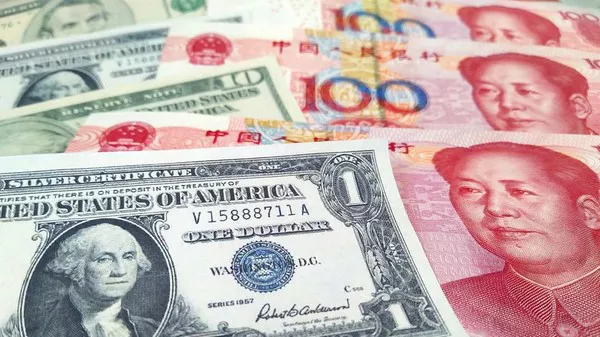Emerging economies are navigating a complex landscape marked by various headwinds, including recent U.S. Treasuries selloffs, China’s decelerating economy, and the possibility that the Federal Reserve may continue its rate hike cycle. These challenges will take center stage as policymakers and asset managers convene for the annual meetings of the World Bank and International Monetary Fund (IMF) in Marrakech.
Here are key themes to monitor at the IMF and World Bank meetings in Marrakech:
China’s Economic Slowdown: China’s debt-driven investments in infrastructure and real estate have peaked, while its exports are aligning with global economic trends. This shift in China’s economic trajectory raises questions about its impact on other emerging markets, particularly concerning demand for commodities. The World Bank has lowered its 2024 growth forecast for China to 4.4% from 4.8%.
Ukraine’s Financing: Ukraine must make decisions regarding its $20 billion of outstanding international bonds, as a freeze on payments that expired in August remains unresolved. Uncertainty also surrounds the level and form of international aid for Ukraine in 2024.
Debt Restructuring: Debt restructurings for defaulted nations are expected to progress during the meetings. In-person discussions between creditors and government officials could lead to breakthroughs. Countries such as Zambia, Sri Lanka, and Ghana are actively negotiating debt restructures. The process, known as the Common Framework, has faced criticism for its lengthy delays.
Potential Defaults: Argentina, Pakistan, and Kenya top the list of nations that may face sovereign debt defaults, according to JPMorgan’s investor survey. These countries confront challenges related to reserves, repayment obligations, and economic stability. Higher interest rates have made it difficult for single-B sovereigns to access international bond markets since early 2022.
Turkey’s Economic Shift: Turkey’s economic policy shift, marked by significant interest rate hikes to combat inflation, is a focal point. Ankara, with $2.5 billion earmarked for issuance this year, aims to tap markets soon. Finance Minister Mehmet Simsek has engaged with investors to promote Turkey’s move toward orthodox economics.
Development and Climate Finance: Multilateral development banks, including the World Bank and IMF, face pressure to increase lending to poorer countries for development and climate change initiatives. There is ongoing demand from large emerging economies, like China, for a greater voice in shaping global financial architecture.
As these challenges and opportunities take center stage in Marrakech, policymakers, investors, and experts will engage in discussions and negotiations aimed at navigating the complex economic landscape facing emerging economies.


